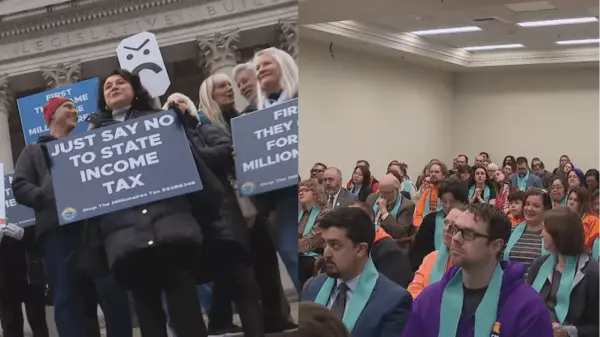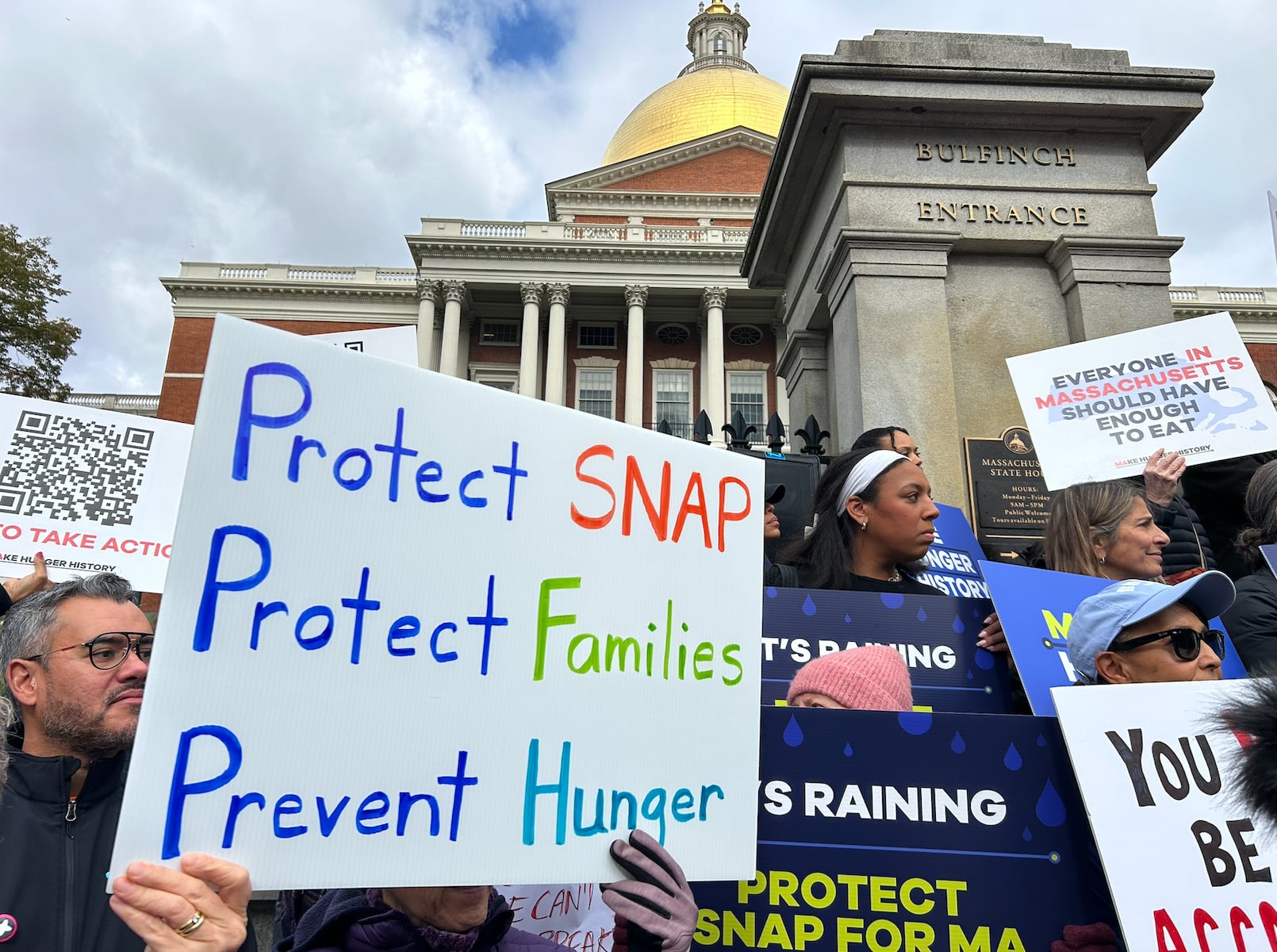UPDATE: The potential halt of SNAP benefits could deeply impact Black Americans, as urgent reports confirm that many families are on the brink of food insecurity. Just hours ago, officials announced that funding for the Supplemental Nutrition Assistance Program (SNAP) will be disrupted due to the ongoing government shutdown, leaving countless households, including those of vulnerable populations, at risk.
In New York City, a line formed outside the Holy Apostles Soup Kitchen, where Willy Hilaire, a 63-year-old unemployed grandfather, shared his fears. Hilaire, who lives in a shelter with his two grandchildren, often sacrifices his meals to ensure they eat. He worries that the impending loss of SNAP will force him to make even greater sacrifices. “I always tell them, ‘Grandpa is there for you,’” he said, “‘Whatever I have, I’ll give it to you.’”
Federal judges have ruled that the Trump administration must continue funding SNAP through contingency funds during the shutdown, but there is little hope that benefits can be restored before November 1. Officials warn that recipients could lose access to critical food assistance starting this Saturday, potentially affecting over 40 million Americans who rely on the program.
Statistics show that Black Americans, who make up 13.7% of the U.S. population, represent a staggering 25.7% of SNAP recipients, indicating systemic racial disparities in food assistance. As Black unemployment rates rise from 6.2% to 7.5%, the financial strain becomes more pronounced. Advocates argue that these disparities highlight a legacy of systemic racism that has left Black communities at a significant disadvantage.
As families brace for the loss of grocery dollars, experts predict a cascading effect on essential expenses like rent and utilities. Nonprofit leaders warn that even if SNAP benefits are restored quickly, low-income residents could face financial setbacks well into next year.
Tribal nations are also preparing for the fallout, with many declaring states of emergency to address the anticipated loss of food aid. Reports highlight that SNAP benefits are a crucial part of the U.S. government’s treaty obligations to Indigenous communities, yet these rights remain vulnerable during government shutdowns.
Meanwhile, misinformation surrounding SNAP recipients continues to fuel harmful stereotypes. Many recipients are working adults, children, and the elderly, yet two-thirds of SNAP beneficiaries are often not perceived as traditional workers. Pastor Cleo Lewis from Phoenix has organized food drives to support struggling families, emphasizing the need for community assistance in these challenging times.
As families across the nation grapple with the consequences of this potential SNAP disruption, the urgency to address these disparities has never been clearer. Nonprofit organizations and community leaders are calling for immediate action to safeguard the nutritional needs of those most affected.
The situation remains fluid, with updates expected in the coming days. The fight for food security is far from over, and communities are urged to stay informed and support one another during this critical time.








































































